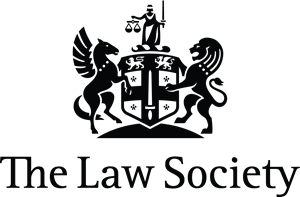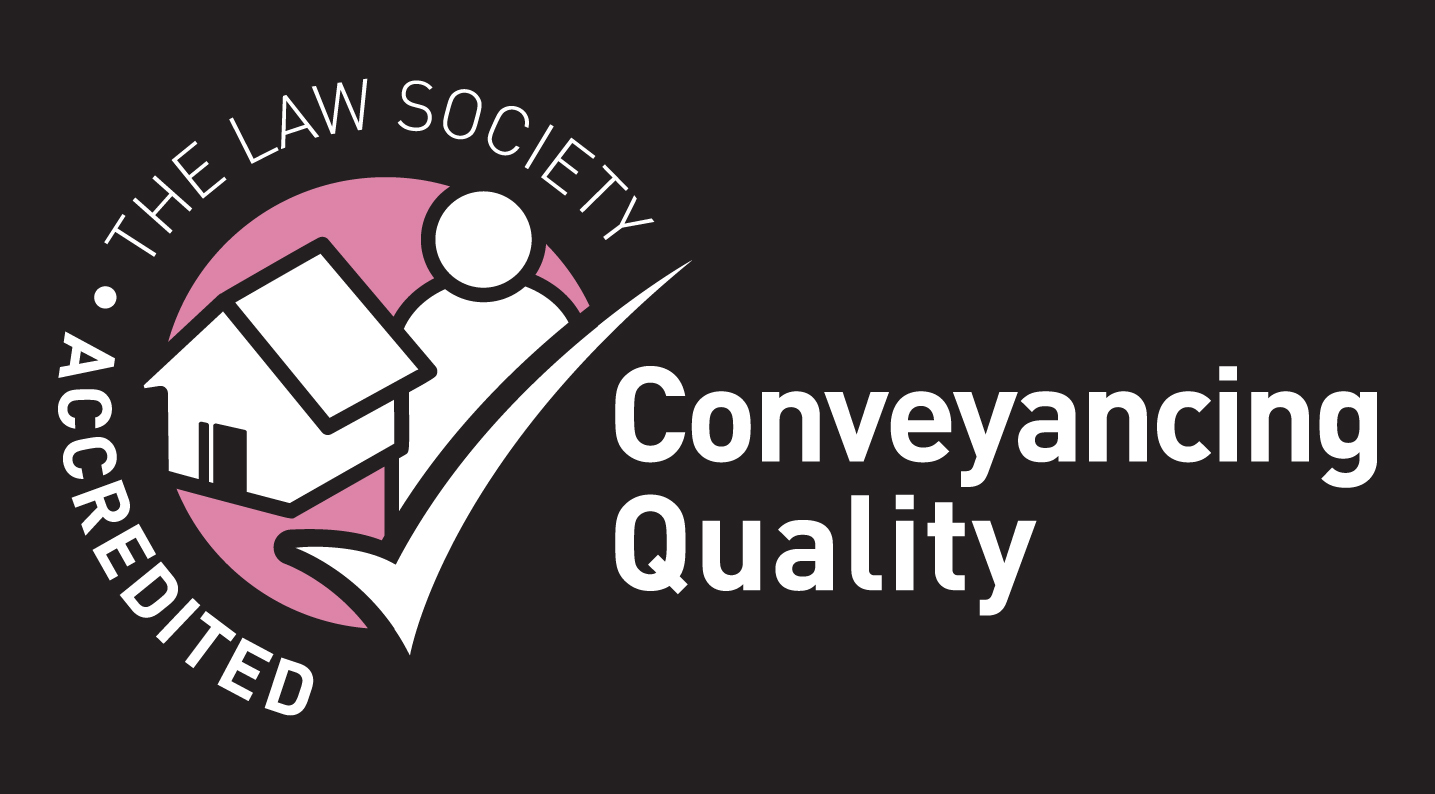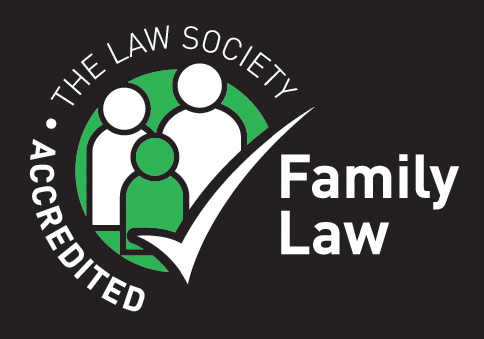If a landlord wants you out the property, they need to go through certain procedures. These procedures can be long and expensive. As a result, some landlords revert to harassment to try and force tenants to leave. There are various types of harassment. If you believe your landlord is resulting in criminal tactics to try and get you to leave the property, it is vital that you seek legal representation as soon as possible. Make contact with our offices to ensure that your rights are protected.
You are entitled to certain rights as a tenant. A landlord is guilty of harassment if they are violating these rights. If you face harassment from your landlord, it is time to take legal action.
Here at the London-based Adam Bernard’s law firm, our housing solicitors can help you explore your legal options.
It is essential to be aware of the behaviors that qualify as landlord harassment. Here are eight common behaviors that may constitute landlord harassment:
It is important to note that these behaviors are not exhaustive, and any conduct that creates an intimidating, hostile, or oppressive environment can be classified as harassment.
If you experience any of these behaviors, seeking legal advice from experienced housing solicitors is essential to protect your rights and well-being.
Regarding eviction, landlords must follow a lawful process to protect your rights as a tenant. While the exact process may vary depending on the specific circumstances and tenancy agreement, the general steps involved are as follows:
eadline for it.
It’s important to note that the eviction process must adhere to specific legal requirements and timelines. Failure to follow these procedures can render the eviction invalid and expose the landlord to legal consequences.
There may be variations to the process depending on factors such as the type of tenancy agreement (assured shorthold tenancy, periodic tenancy), local housing regulations, and any exceptional circumstances or grounds for eviction.
There are instances where landlords may engage in illegal eviction practices, which seriously violate your rights. Understanding what constitutes illegal eviction is crucial to ensure you can protect yourself.
If you believe you have been illegally evicted, taking immediate action to protect your rights is crucial. Document all incidents, gather evidence, and seek legal advice to understand your options.
Remember, illegal eviction is a serious offense, and landlords found guilty may face legal consequences. They may also be required to compensate you for damages. Knowing your rights and seeking legal assistance is essential to ensure your rights as a tenant are upheld.
If you find yourself illegally evicted, there are several steps you can take to protect your rights and seek appropriate remedies. Here are some options available to you:
You should act promptly and seek legal advice as soon as possible if you believe you have been illegally evicted. Experienced housing solicitors can guide you through the specific steps required in your situation and help protect your rights as a tenant.

As a tenant, you have certain rights and protections under the law, particularly under the Protection from Eviction Act 1977. Here are some fundamental rights you should be aware of:
This is not an exhaustive list of your rights as a tenant, and other laws and regulations may provide additional protections. If you believe your rights have been violated, consult a housing solicitor as soon as possible.
If you have been illegally evicted, you may be entitled to seek various types of damages to compensate for the harm and losses you have suffered. Here are some of the damages you can potentially pursue:
You must consult reputable housing solicitors to understand the specific damages you may be eligible to claim based on the circumstances of your case.
Here at the London-based Adam Bernard’s law firm, our experienced solicitors provide comprehensive legal support and guidance if you face issues related to rent arrears, eviction notices, landlord harassment, or illegal eviction.
Our housing solicitors also help you negotiate with your landlord, understand your rights and legal options, and make the best decision. We help you navigate the complicated legal process if your case goes to court.
Contact our housing solicitors today to discuss your case in detail.
Copyright © 2023 Adam Bernard Solicitors. This Firm is Authorised & Regulated by the Solicitors Regulation Authority SRA NO: 598171, 656730.





